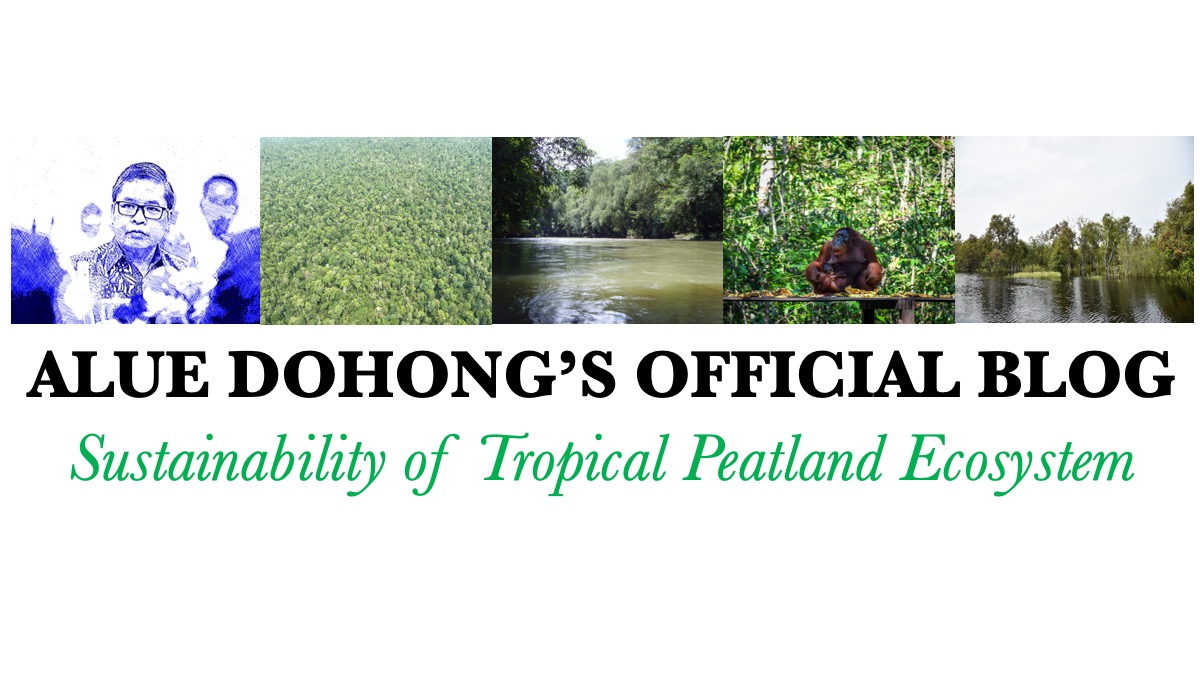http://www.thejakartapost.com/news/2014/01/30/your-letters-govt-has-stick-with-mining-law.html
Your Letter: Govt has to stick with mining law
The Jakarta Post | Readers Forum | Thu, January 30 2014, 9:59 AM
This refers to “Miners oppose duties, plan legal fights,” (The Jakarta Post, Jan. 24, p1).
I do hope that the Indonesian government will stick to the stipulations as outlined in the mining law and will dare to challenge these two multinational mining companies (Freeport McMoRan Copper & Gold Inc. along with Newmont Mining Corp) on their threats of suing the government of Indonesia at the international arbitration body.
Enough time for preparation had been given for them to construct their domestic processing factories prior to the mining law fully coming into force, but they just missed this golden opportunity by trying to play under-the-table negotiations with related government officers, hoping that this mining law would be amended or postponed in accordance with their self-interest. Thank God that the government officials keep their integrity and nationalism.
I reckon these multinational mining companies have been enjoying lucrative profits from their mining operations in Indonesia for many decades and they still want to keep this privilege, up until the natural resources are completely gone.
Despite the huge profits that those multinational companies have gained from their operations so far, they have contributed insignificantly to the welfare of local communities in their respective operation sites.
Despite the huge profits that those multinational companies have gained from their operations so far, they have contributed insignificantly to the welfare of local communities in their respective operation sites.
The community development and/or corporate social responsibility activities that have been carried out on the ground so far are merely lip service rather than genuine corporate strategic actions to improve the welfare of the locals.
As a case in point, a multinational gold mining company has been operating for more than two decades in Murung Raya district, Central Kalimantan province.
Millions of tons of gold and silver have been produced and sold by this company and million or billion dollar profits have been generated from its operations. But, what has happened to the socio-economic conditions of the few villages surrounding this company? Nothing much has changed, compared to the previous decades before this multinational mining firm started its operations in this location.
Millions of tons of gold and silver have been produced and sold by this company and million or billion dollar profits have been generated from its operations. But, what has happened to the socio-economic conditions of the few villages surrounding this company? Nothing much has changed, compared to the previous decades before this multinational mining firm started its operations in this location.
Thus, I encourage the government not to make even a single backward step. There is the right momentum for Indonesia now to reap the economic and social benefits from mining resources in this country for the sake of its people’s welfare and dignity.
Huge profits from mining activities in Indonesia need to be shared equally and justly among the country’s stakeholders, not just to benefit people in northern countries.
Alue Dohong
Central Kalimantan
Huge profits from mining activities in Indonesia need to be shared equally and justly among the country’s stakeholders, not just to benefit people in northern countries.
Alue Dohong
Central Kalimantan


